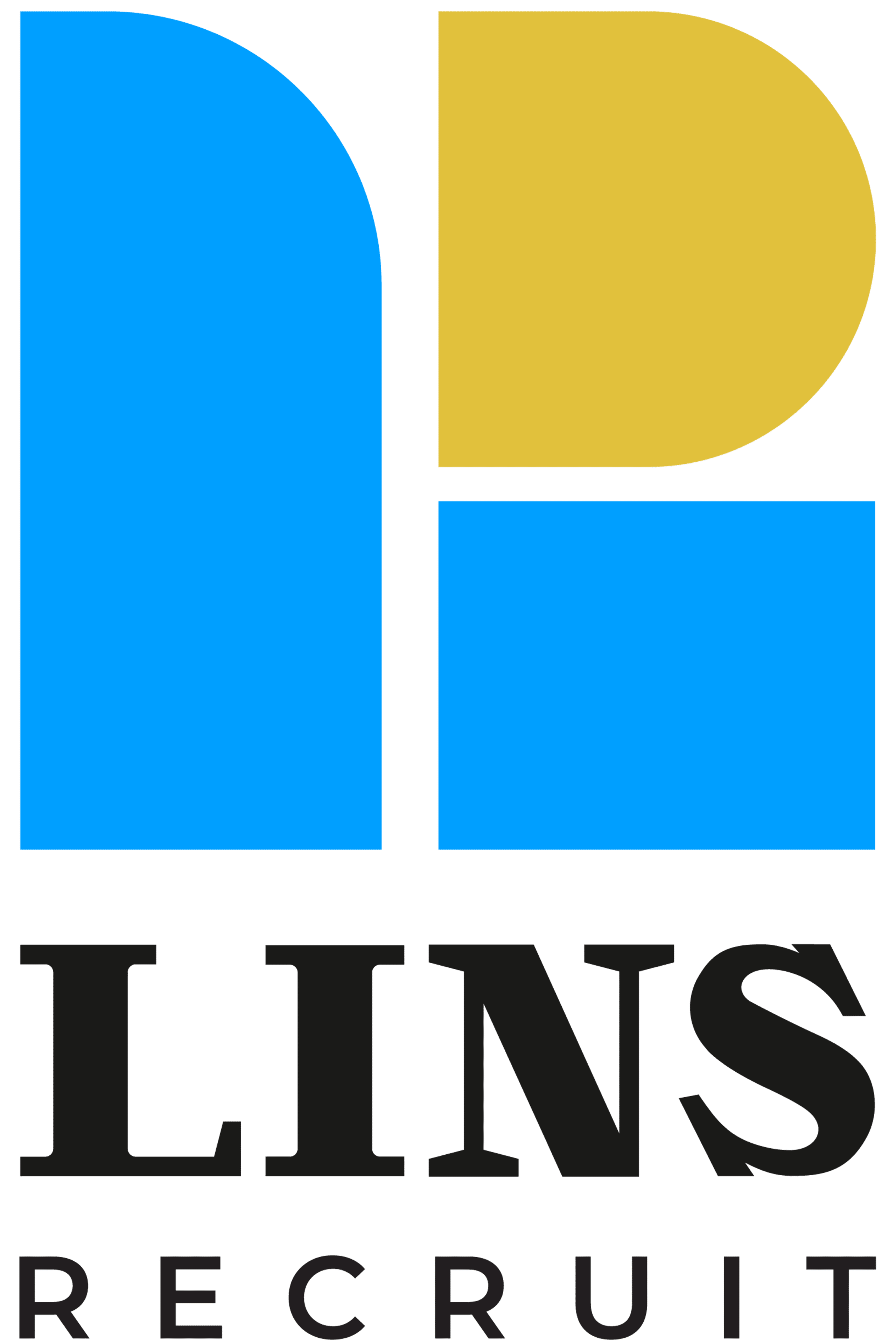Introduction
Adaptability is a crucial skill in today’s dynamic job market. The ability to embrace change and adjust to new circumstances can significantly impact your career development. By being adaptable, you can navigate challenges, seize opportunities, and thrive in an ever-evolving work environment. Here, we’ll explore the importance of adaptability and how to develop this essential skill.
Understanding Adaptability
Adaptability involves being open to new ideas, flexible in your approach, and willing to change your behavior in response to new information or circumstances. It’s about staying resilient and resourceful in the face of change.
Importance of Adaptability in Career Development
– Navigating Change: The modern workplace is characterized by constant change. Adaptability enables you to navigate transitions, such as new technologies, organizational shifts, and evolving job roles.
– Seizing Opportunities: Being adaptable allows you to take advantage of new opportunities that arise, whether it’s a new project, a different role, or a chance to learn a new skill.
– Improving Problem-Solving: Adaptable individuals are better at problem-solving because they can think creatively and approach challenges from different angles.
– Enhancing Employability: Employers value adaptability as it indicates a willingness to learn and grow. Demonstrating adaptability can make you a more attractive candidate for new job opportunities.
– Building Resilience: Adaptability helps build resilience by enabling you to recover from setbacks and continue progressing toward your career goals.
Developing Adaptability
– Stay Informed: Keep up with industry trends, new technologies, and changes in your field. Staying informed helps you anticipate changes and prepare for them.
– Embrace Continuous Learning: Commit to lifelong learning by regularly updating your skills and knowledge. This keeps you adaptable to new developments.
– Be Open-Minded: Cultivate an open-minded attitude toward new ideas, perspectives, and ways of working. Embrace change rather than resist it.
– Seek Feedback: Regularly seek feedback from colleagues, supervisors, and mentors to identify areas for improvement and adapt your approach.
– Practice Flexibility: Be willing to adjust your plans and strategies in response to changing circumstances. Flexibility is a key component of adaptability.
– Stay Positive: Maintain a positive outlook and view change as an opportunity for growth and improvement, rather than a threat.
Applying Adaptability in the Workplace
– Be Proactive: Anticipate potential changes and prepare for them in advance. This proactive approach can help you adapt more smoothly.
– Collaborate: Work closely with your team to support each other through changes. Collaboration can foster a supportive environment where everyone adapts together.
– Communicate Effectively: Keep open lines of communication with your colleagues and supervisors. Share your thoughts on changes and listen to others’ perspectives.
– Reflect and Learn: After experiencing change, reflect on what worked well and what didn’t. Use these insights to improve your adaptability in future situations.
Conclusion
Adaptability is a vital skill for career development in today’s fast-paced job market. By staying informed, embracing continuous learning, and maintaining a positive outlook, you can develop your adaptability and thrive in any work environment. This ability to embrace change will help you navigate challenges, seize new opportunities, and achieve long-term career success





